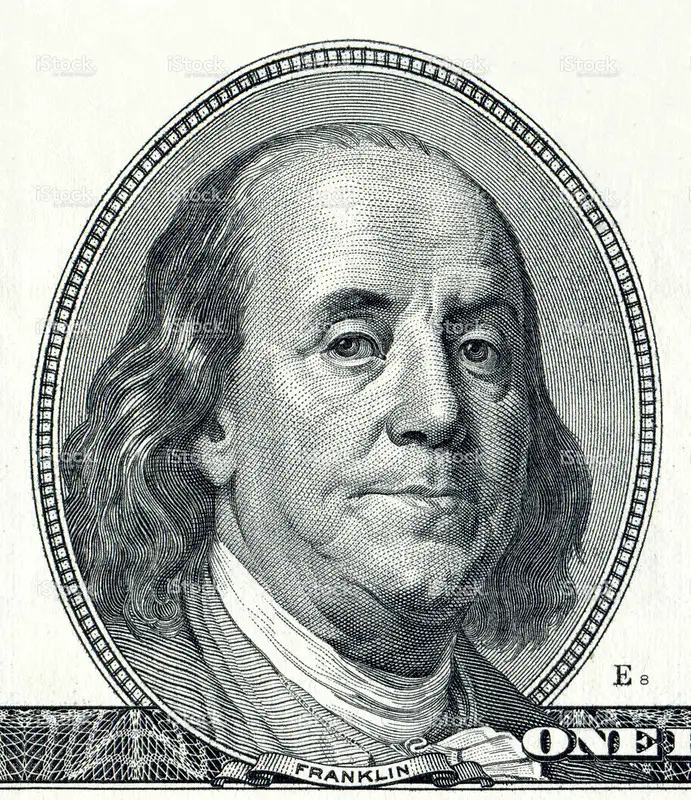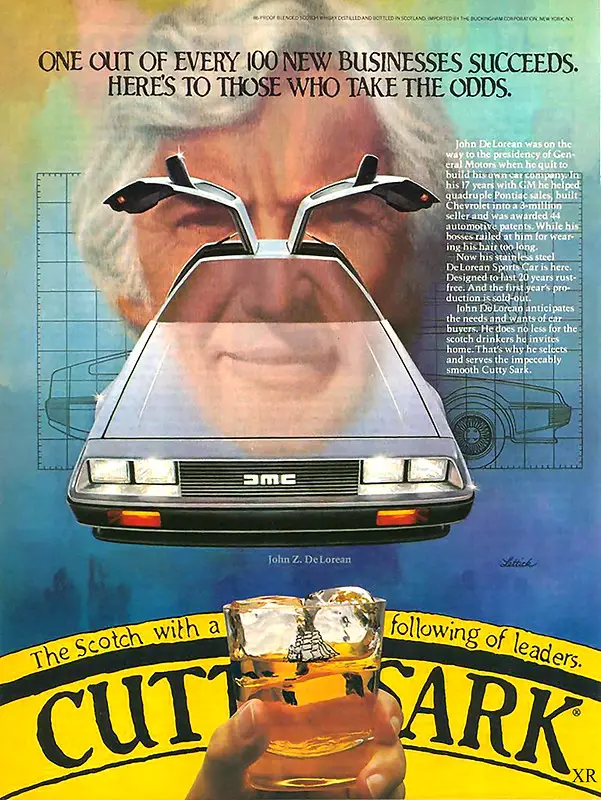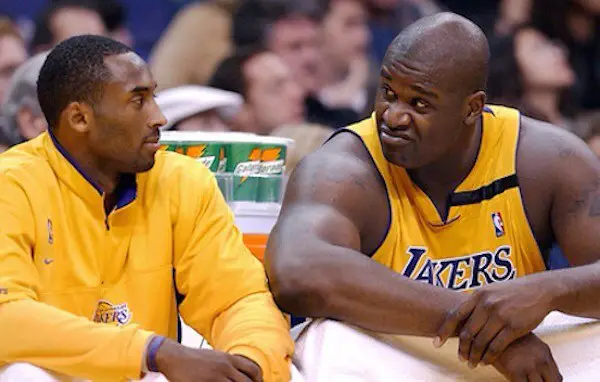A moderate, healthy ego is frequently vital to success in life. It enables us to take part in a competition, persuade others of our strengths and exceed our former achievements. But, frequently, when we experience success, our ego becomes exaggerated. Our opinion can become clouded as our self-image increases beyond our view of others. We can become really confident that we exceed our limit and end up paying the price for it.
Therefore, controlling our pride is an important step –however, how do we do that?
In this book, you’ll discover where ego derives from and how it can hinder your road to success. You’ll learn the approaches for how to put your ego in check, regain humility and let go of looking for praise in favor of sharing it with others.

Chapter 1 – The ego is the wish to receive credit without working for it.
There is this saying, actions speak louder than words. However, if that’s correct, why do we like to feel popular or receive accolades from others, even for things we didn’t do?
We’ve had our ego to thank for that.
Ego is the urge to get recognition and credit without doing the good acts that are needed for us to warrant it. Although praise may come from being successful, a lot of people attempt to become well-known before they attain success.
Think of the story of Ulysses S. Grant the former US President, once a popular general in the US Army. After the American Civil War, he contested for president and won. However, although Grant may have been well known in the army, he didn’t have a lot of knowledge in the political field. His urge to win the uppermost political office in spite of his lack of knowledge makes Grant the ideal illustration of an egoist.
Different from ego, ambition is founded on a firm foundation of actual accomplishments. Consider the case of William Tecumseh Sherman, a general working in the military together with Grant. Sherman was also successful in his duty; however, different from Grant, he wasn’t an egoist.

As the completion of Abraham Lincoln’s second tenure came close, Grant, as well as other egoistic military leaders, were resolute to make use of their statuses to push into politics and run for the position of president.
On the contrary, Sherman was ambitious. While egoists go after fame, ambitious people are determined by the willpower to succeed in their field, irrespective of whether they are praised and celebrated for their successes.
During meetings with Lincoln, it became obvious that Sherman basically wasn’t interested in becoming president. He liked to continue working hard in his field of expertise which is military leadership. He was resolute to be successful without concentrating on getting credit for it, and he was aware that success in one field didn’t essentially signify it could be transferred over to others.
Chapter 2 – Control your ego by bearing in mind that there’s usually more to learn.
Epictetus the ancient Greek philosopher once mentioned that “It is not possible to learn that which one believes one already understands.” This once again relates to our ego. Our ego says to us that we’re really clever to learn new things, and although this notion is a stubborn one, we can defeat it if we learn to humble ourselves.
One method we can control our egos is by seeing ourselves as students that don’t stop learning. Even if you’re extremely good at what you do, your ego can get the better version of you all too easily. You can stop this by bearing in mind that there’s usually a person who’s better than you.
Consider Kirk Hammett, the guitarist. In 1980, he was told by Metallica to join their band, where his musical talent would be enabled him to shine. However, Hammett was aware that although he’d only become a member of one of the most well-known rock bands of all time, he wasn’t done learning. Hammett became a student of world-renowned guitar virtuoso Joe Satriani and, by doing that, was able to take his guitar skills to a completely new level.

Hammett was able to remain humble by working with a greatly talented peer, which is one of the best approaches to control your ego.
If you need to remind yourself that you’ve regularly got more to learn, you can get yourself a very-skilled mentor. However, working with a person who is more talented isn’t the only means to remain grounded; you can also become a teacher.
This is an approach used by martial-arts expert Frank Shamrock. He assumes that for us to remain humble, fighters shouldn’t just learn from the very best and train with peers at their skill level but also need to commit time to training beginners. This enables fighters to see the complete spectrum of skill levels in their sport, while also rein in their ego.
Chapter 3 – Pride allows us to be deaf to warnings and blind to things we could develop.
Think of what would occur if some of the world’s biggest inventors allow their early accomplishments to get to their heads. Let’s say, for example, Steve Jobs had rested on his laurels after inventing the Apple II computer? Well, we probably wouldn’t have iPhones or iPads currently. Therefore, what is the reason we tend to sit back and relax after attaining success?
Resting on our laurels is due to our pride. Pride and ego aren’t similar things; however, they certainly go together. Pride assists us to justify our ego, allowing us to feel like one success is an indication of how exceptional we are. We’re really busy patting ourselves on the back to realize that there’s room for growth, or that we could attain even more things.
Pride doesn’t only prevent us from proceeding to learn and succeed; also, it allows us to very sensitive to criticism and deaf to warnings. Proud people are really susceptible to becoming defensive – or even aggressive – if a person says to them that they aren’t as special as they believe they are because their ego depends on this lie.

Instead of confronting the reality that we’re not the greatest in the world at what we do, a lot of us are more eager to combat anything that damages our pride and ego. Even Benjamin Franklin got caught up in his own pride at a time.
While he went to his hometown of Boston to visit, one of the town’s most esteemed people, Cotton Mather, called him, shouting “Stoop! Stoop!” Franklin appeared to reason he was beyond this gesture and disregarded him, which was a stupid move and then he walked straight into a low door-frame, knocking his head painfully!
Chapter 4 – Control your ego by learning to assign duties and trust your teammates.
Do you find it difficult trusting your team or colleagues? Have you ever felt like you can’t assign tasks to them because they basically wouldn’t do as good a work as you? These are some severe indications that your ego requires controlling. Attempt putting trust in other people’s work – you as well your team will gain from it.
As you progress your career ladder and shoulder more of a managerial position, struggles with your ego may occur. You might have been accustomed to getting credit for your work, while your new position might be to supervise the work of other people.
A lot of us have a tendency to pile up tasks we should actually be handing out. Why? Since our ego says to us that it is just us who can do them appropriately. By practicing delegation, you’ll enforce yourself to trust and recognize other people’s work. You’ll also learn that other people’s time might really be put to better use on the tasks that you formerly did, and you’ll also realize how important your time can be when committed to new things.
If that’s not adequate to persuade you, remember that the costs of not delegating can be very large; as a matter of fact, they can be sufficient to ruin any business.

Consider the story of John DeLorean a car manufacturer. He quitted his work at General Motors to begin his own company since he thought he had more knowledge of the car manufacturing business than his bosses at GM. The issue was, he had no substance or skill to support his assumption, and this rapidly became painfully obvious.
At his new company, he avoided the stable top-down duty structures that made GM flourish. Rather, DeLorean –together with his ego – had to say something in every single choice, a dictatorial form of management that was unsustainable, to say the least. DeLorean’s attempt ultimately failed, leading to bankruptcy.
Chapter 5 – We owe a lot of our success to others, and shouldn’t keep the recognition for ourselves.
No one is an island. Therefore, what is the reason we love to consider our victories as ours alone? Whether we attain success after dealing with hardship or only through hard work, it’s far really easy to allow successes to get to our heads and allow ourselves to think that everything was all our own doing.
Consider the basketball players Shaquille O’Neal and Kobe Bryant. Both of them were world-class players with the LA Lakers and won three repeated championships with the Lakers in 2000, 2001 and 2002. They were a wonderful duo; however, unfortunately, they both allow their personal success get to their heads.
O’Neal usually complained about Bryant’s weaknesses to the media, and Bryant declined to sign with the Lakers again until they swapped O’Neal to a different team.
What would you do if you were in the same position? If you are unexpectedly told to do an interview with a magazine or gain lots of followers on social media, it might be easy to consider that you’re better than the colleagues who assisted you along the line.

Instead of selfishly looking for praise for yourself, why not share the praises with others? Ordinarily, they’ll do the exact same thing for you back. Certainly, some professions depend on the popularity of a person, whether it’s in the form of extensive readership or endless media coverage. However, displaying humility will continuously benefit your career, regardless of anything.
From the accountants who provided you the numbers for that charming presentation to the designer who designed those outstanding infographics, appreciations those who assist you along the line will strengthen your own position. Your team will love working together with you and will do better, and you’ll keep enticing new colleagues as well.
Chapter 6 – When you give it your all and things don’t go well, discover the reason so you can do better next time.
If one of your best concepts gets denied or you don’t get the work you applied for, it’s normal to become frustrated. Nevertheless, our egos say to us that we’re entitled to get rewards –However, the world doesn’t usually work in agreement with our strategies.
At times, we don’t get a promotion or seal a guaranteed deal, even though we tried our best. Therefore, how do we tackle this?
Instead of feeling frustrated, we can begin by accepting the work we’ve done and realized that we can’t regularly influence the result of that work or people’s views of us. An unanticipated outcome should be accepted as a chance to genuinely think about our performance.
Also, on the other side, we should bear in mind that lucky opportunities are not the same as the success that comes from hard work. Therefore, once again we need to be honest with ourselves about our performance.
Use the example of the New England Patriots football team. Tom Brady was chosen in the sixth round of an entry draft, and he eventually became of the greatest quarterbacks in NFL history, causing the Patriots to have four Super Bowl titles.

But, rather than congratulating themselves for having discovered such a good player in such unanticipated situations, the Patriots were resolute to develop their scouting program, so they would detect talent such as Tom Brady again.
When next something doesn’t go the manner you expect it to, take the time to know why. Enhance your best attempts and you’ll provide yourself a better opportunity in the future.
Ego Is the Enemy by Ryan Holiday Book Review
Ego is not a thing a person develops intentionally; it is an aspect of everyone’s personality that grows naturally, particularly in connection with success. An unchecked ego can result in being harmful to your success, and you need to take careful steps to make sure that it doesn’t get beyond control.
Download Pdf
https://goodbooksummary.s3.us-east-2.amazonaws.com/Ego+Is+the+Enemy+by+Ryan+Holiday+Book+Summary.pdf
